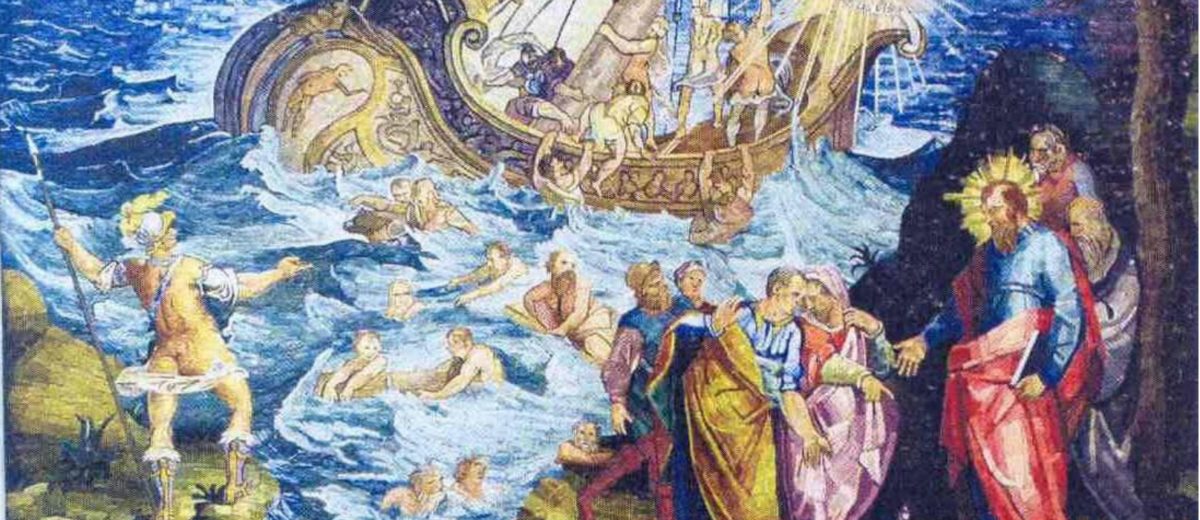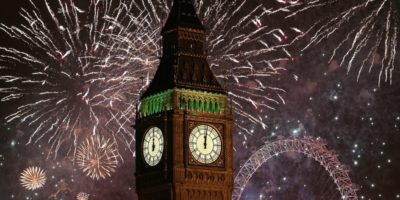How can we bring hope into a year that offers few prospects for optimism?
A daunting task seems to await us, given the following scenarios:
• growing populist influence across Europe and some 15 elections this year in European countries, including France (March), the Netherlands (March) and Germany (September?), promoting politics of fear, blame, polarisation, protectionism and anti-semitism, threatening our open European societies;
• increasing rumours of Putin’s plans for war with Ukraine and/or the Baltics; and his increasingly aggressive five-fold hybrid war strategy involving 1) creeping hegemony through economic and energy dependence in Central and Eastern Europe, 2) supporting extreme-left and -right parties to undermine the EU and the liberal democratic order, 3) post-truth propaganda via state channels (RT and Sputnik) and social media, 4) a Syrian strategy aimed to destabilise Europe through migration waves, and 5) amassing conventional and nuclear military forces;
• a US president-elect (who may or may not follow through on election-promises –“Agh, that was just election talk…”) who causes Europeans to fear his closed-borders protectionism, his reckless approach to the global environment, and his disregard for international law (e.g. Crimea) implicit in his ‘friendship’ with Putin, causing speculation that the Kremlin views him as what the Soviets called a ‘useful idiot’ (google:Trump, useful idiot);
• a clear-as-mud Brexit process threatening to divide Britain for years to come and distract this great nation from close partnership with other European nations in tackling other crucial and urgent issues;
• the challenge of developing compassionate yet prudent policies on migration, an issue that has tested Europe’s professed values of ‘dignity, equality, freedom and solidarity’ and found them wanting;
• the menace of terrorism becoming commonplace and provoking official overreaction, thus feeding public fear, restricting civil society and human rights, and stigmatising minorities;
• ongoing spiritual emptiness and moral confusion contributing to further legislation undermining the dignity of life around birth and death.
None of which makes us want to get out of bed in the morning.
More than conquerors
Yet, even with scant reason for optimism, we are called to live as people of hope. For biblical hope is not based on circumstances or natural prospects. The writer of Hebrews tell us that hope is the evidence of things not seen (Heb 11:1). Biblical hope is based on God’s character and his promises, neither of which change (Heb 6:19). This does not necessarily protect us from hard times, however. Paul talked of being ‘hard-pressed on every side, but not crushed; perplexed but not in despair; persecuted, but not abandoned; struck down, but not destroyed’ (2 Cor 4: 8,9). ‘Who can separate us from the love of Christ?’ he asks his Roman readers (8:35). ‘Shall trouble or hardship or persecution of famine or nakedness or danger or sword? No, in all these things we are more than conquerors through him who loved us.’
We have become used to the idea of peace and prosperity as normal. Yet we have been living through an unprecedented, abnormal era of European history. There is no guarantee it will last. In fact, prophetic voices, both past and present, have warned us what lies ahead as we stray further from the spiritual foundations which made this era possible.
T.S.Eliot, for example, wrote in 1948: ‘I do not believe that the culture of Europe could survive the complete disappearance of the Christian Faith. If Christianity goes, the whole of our culture goes.’ Robert Schuman said in 1956 that democracy needed to be Christian or it would become tyranny or anarchy. Jacques Delors foresaw back in 1992 that if we failed to find a soul for Europe–by which he meant spirituality and meaning–the game would be over.
Surprises
But the game is not over–yet. Our God is a God of surprises. He is at work behind the scenes in ways we may not understand, as the disciples who had lost all hope at the crucifixion discovered a few days later; and as Paul and Luke discovered through their shipwreck on the island of Malta (see painting above), a scary experience which nevertheless brought salvation and healing to the Maltese.
The above scenarios are not the full picture. Many Muslims are coming to faith in Isa (Jesus) through their upheavals; many thousands of European Christians are reaching out to migrants and the underprivileged in myriad ways. One Muslim is even calling for a ‘jihad of love’ after his wife was killed in the terrorist attack in Brussels.
Perhaps the best resolution we can make for this new year is to live as people of light and hope, choosing to live for truth (in the face of lies), love (instead of hatred), mercy (as opposed to indifference) and justice (as against tyranny).
Let’s also be comforted by the fact that 2016 showed how wrong predictions can be!
Till next week,



